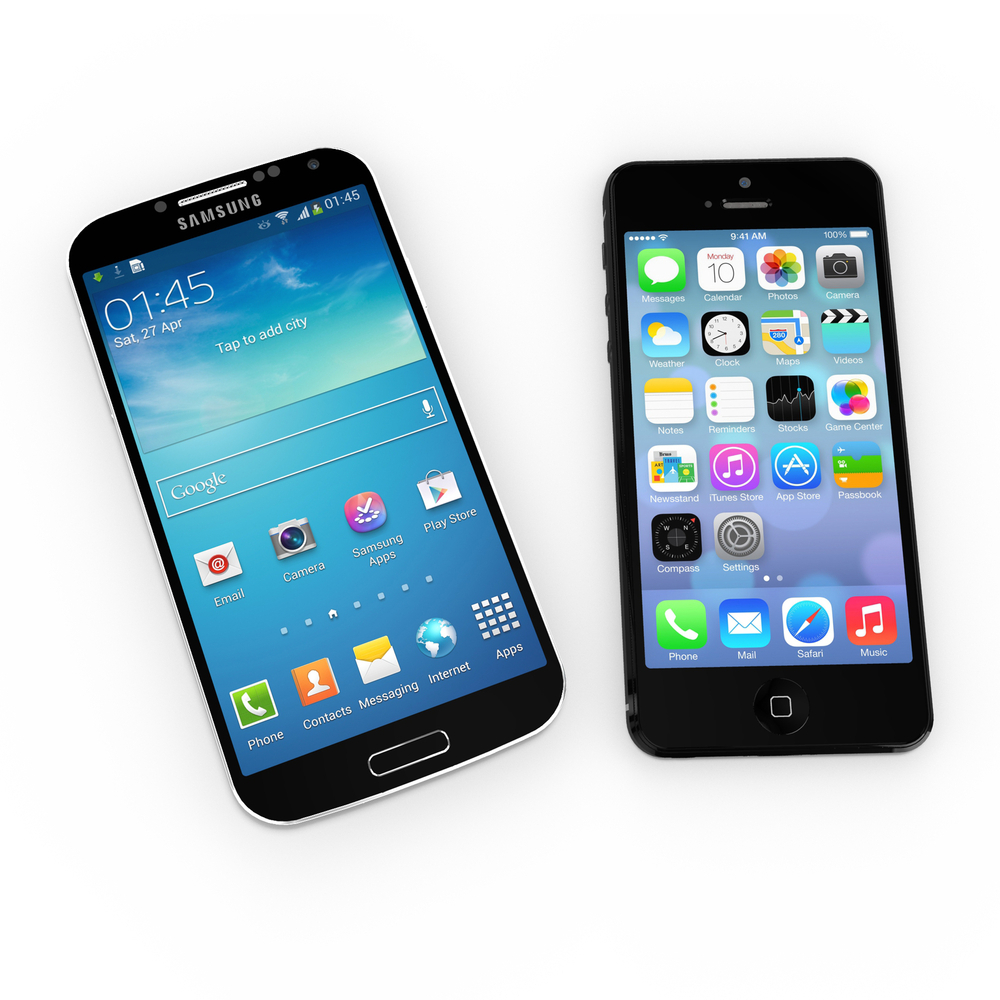San Jose, California, has experienced over five hundred earthquakes in the past twelve months, but when the jury delivered its verdict in the latest spat between Apple and Samsung, the event hardly registered on the Richter scale.
Much to Samsung’s relief, it was ordered to pay $119.6 million (£71 million) in damages for infringing two of Apple’s patents – a fraction of the $2 billion that Apple had sought.
The dispute between the two smartphone giants started in April 2011, when Apple accused Samsung of copying the look and feel of its iPhones and iPads. Samsung countersued, but was eventually ordered to pay $930 million in damages.
The jury was far more measured this time though. It even found in favour of Samsung on one of the two patents it had accused Apple of infringing – ordering a payment of $158,400 to the South Korean company.
So what happens now?
Even though the award was relatively small, I would expect Samsung to appeal, so we have not heard the last of this particular dispute.
What’s more, Apple and Samsung are continually changing their products to keep pace with the market and the arguments are likely to rage on in a new area. The technical issues might change but, until the matter is settled by commercial negotiation, the only decision for the litigators is whether to take the case to the Supreme Court or select new patents from their armoury and do battle elsewhere.
More on intellectual property for business:
So why doesn’t Apple sue Google? It’s a good question, because most of the features being fought over are part of Google’s Android operating system. But the search giant gives its software away for free, so it’s much easier for Apple to take issue with handset manufacturers that are profiting from Android phones.
It’s also partly down to the legal system in the US. A curious characteristic of US law is that intellectual property (IP) cases are heard in front of a jury and it is this group of lay people who ultimately decide the outcome. IP cases – particularly those involving patents – are lengthy and complex both technically and legally, so in most parts of the world they are handled by specialist judges.
The jury system in the US decreases the certainty and predictability of the outcome. It’s easier for litigators to put two smartphones side by side and ask a jury to compare them than it would be to explain the technical details of software functionality. There is also a temptation to appeal to the jury’s human nature by focusing on the motivations of the two parties in developing and marketing their products, rather than focusing on a strict assessment of the features in the patent claims.
In my view, the only way forward is for Apple and Google to get around the negotiating table. Ultimately, this is a commercial dispute and the only way to reach a long-term settlement is if both parties agree a commercial solution.
I’m not sure this will happen anytime soon though and the uncertainty of the legal system means that those with enough resources will simply continue to ‘have a go’. In short, expect more seismic activity soon.






